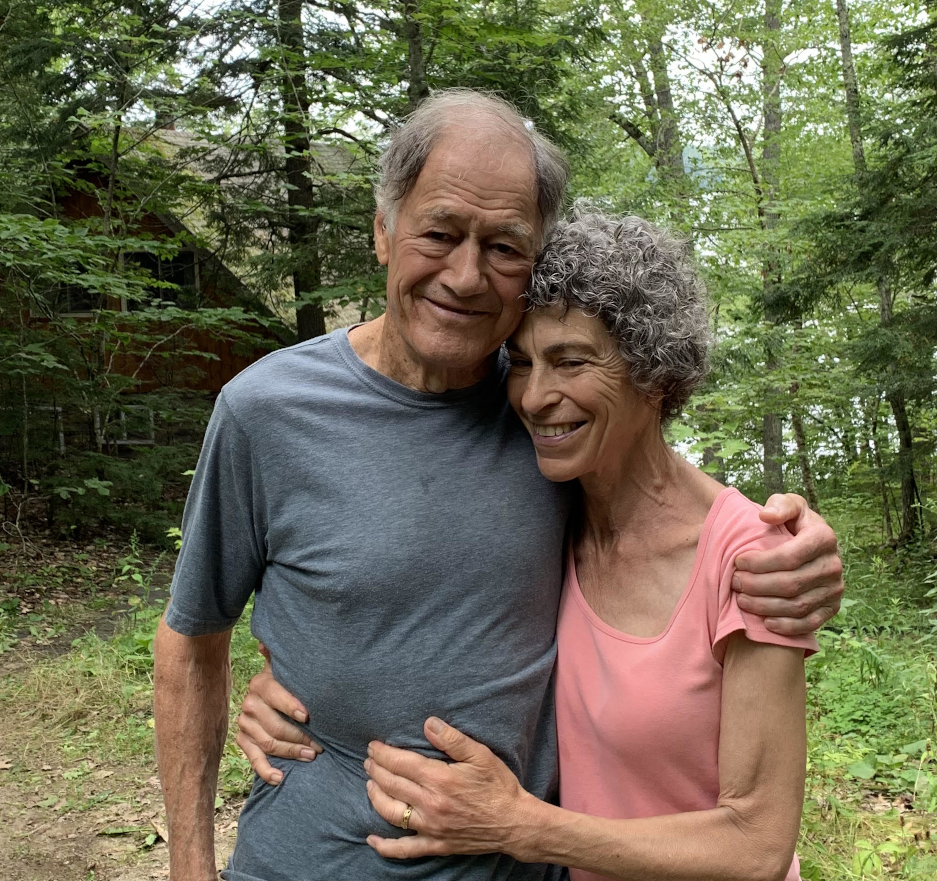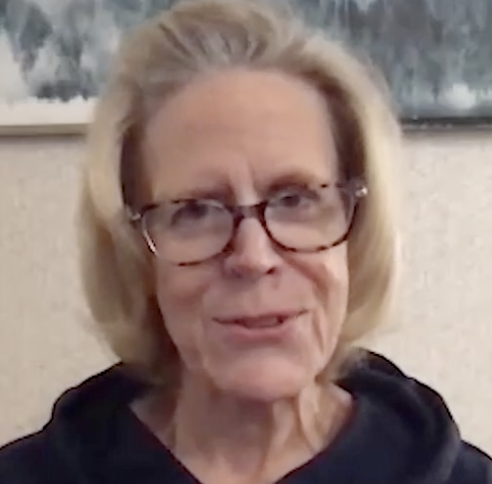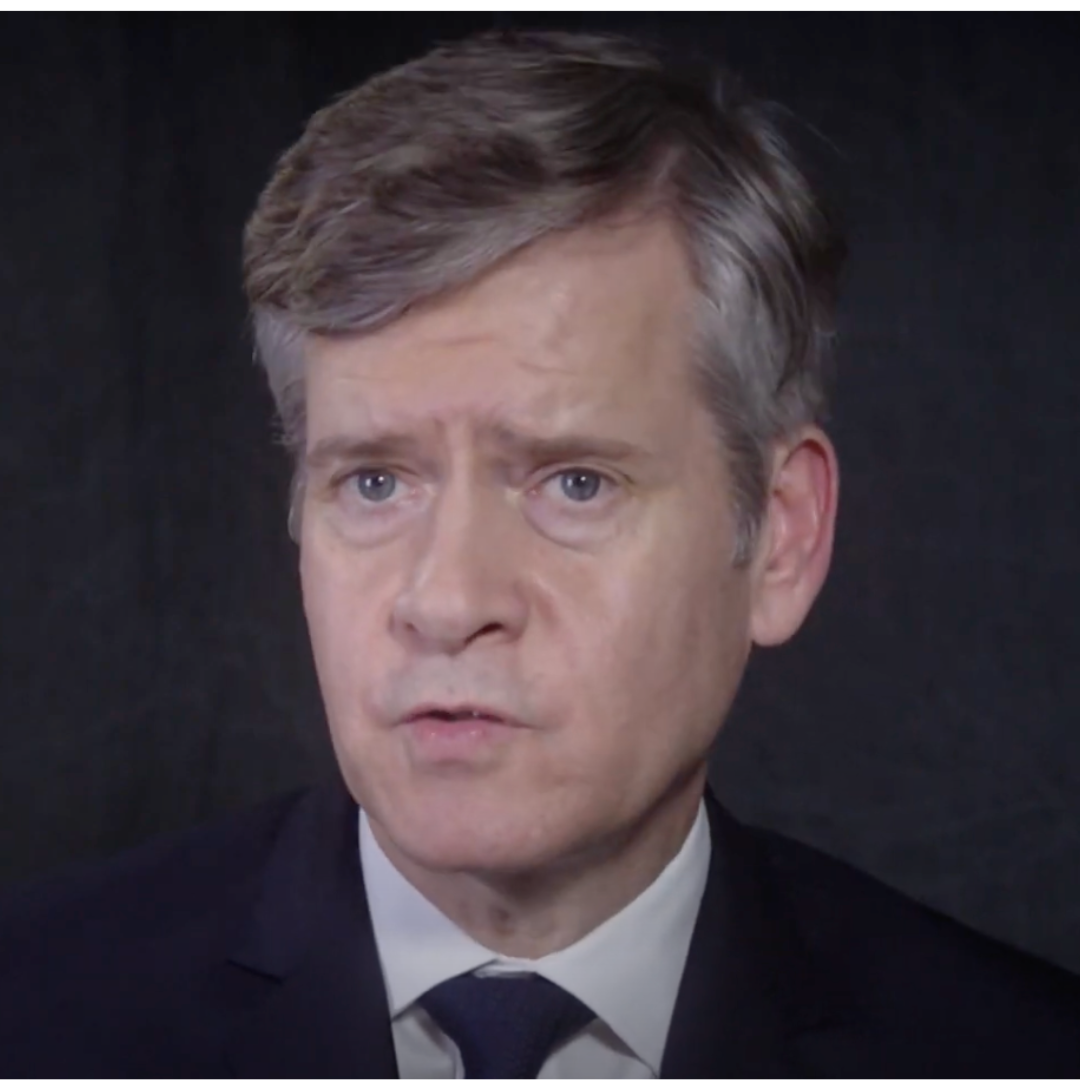“Live free or die.” I strongly support the first two words of our historic state motto, and at the end of this piece, I invite your attention to the last two words. In the meantime, I will share my thoughts on the lack of freedom that ailing, suffering, New Hampshire residents have with regard to physician-assisted dying.
I am an 85-year-old New Hampshire resident suffering and in the process of dying from cancer. If I had the option of physician-assisted dying, also known as death with dignity, my current struggles might have been minimized substantially.
For 46 years, I greatly enjoyed my work as Professor of Psychology at the University of New Hampshire. There was hardly a day I did not look forward to working at the University. I cannot imagine a more gratifying, challenging and fulfilling career.
It took some years for me to find my dear wife, Susan. The time and wait, however, was well worth the prize. Together, Susan and I have created a wonderfully loving 35-year relationship.

On many occasions we have treasured camping in Maine and New Hampshire’s State Parks, canoeing Chase Rapids on the Allagash River, and the many work and vacation trips we took to various cities and resorts in Europe, Canada and the Caribbean.
With regard to work and love, and many of life’s other pleasures, I have been blessed. For the most part, I have had a wonderful, pleasure-filled, exciting life. That is, until recently.
Unfortunately, the past year has been very difficult, indeed, filled with many health problems that include cancer, heart disease, a large number of hospital visits, medical appointments, and laboratory testing.
The above health problems have brought on various daily challenges and difficulties: chronic shortness of breath, a greatly reduced exercise regimen (walking 3-4 miles at a good pace 3 months ago, now down to 1-2 miles at a snail’s pace), and hearing and vision problems that often cause much stress as I try not to miss important cues and information when engaging in daily tasks and conversations. My daily life includes pain, struggle, little to no energy and not much pleasure.
I retired from my career when I was close to the “top of my game.” My hope has been to end my life similarly.
I want my friends and family to remember me not as a crippled, helpless vegetable, but rather as they knew me during my more vibrant healthy moments. I want to live out my life with sufficient quality to justify letting nature (and cancer or other unforeseeable events) determine my fate. However, if I am experiencing too much pain and suffering, or if I am primarily tolerating life and not enjoying it in any substantial manner, I want an option that will allow me to die peacefully, before illness transforms me into an unrecognizable version of myself.
Currently, I have three options available to me. Since all patients have the right to have any treatment be discontinued, I can request my pacemaker (PM) be deactivated. I can also have fluid drainage from my lungs be discontinued. And I can voluntarily stop eating and drinking (VSED).
With each alternative, there are complications. VSED can be a long, drawn-out and occasionally a painful process. Presently, my wife, Susan, drains my lungs. Stopping doing so would clearly cause my death by suffocation. Even if given comfort medication, never would I want to put her in that position.
In terms of pacemaker deactivation, my cardiologist, with my direct questioning, acknowledged that, for ethical and religious reasons, he would not deactivate my pacemaker. Another physician suggested using a magnet from a hardware store to deactivate the pacemaker on my own.
Had I lived in a state where I had the option for a peaceful, physician-assisted death with dignity, I might have avoided many of the difficulties described above. Arranging for a peaceful death in New Hampshire has been anything but easy.
I have always prized quality over quantity of life, that is, a healthy, fully lived life over a longer, health-compromised life. Now, however, I am facing a very gradual, seemingly never-ending decline through more and more health difficulties, behavioral and cognitive compromises, on and on into some sort of non-conscious vegetative state.
Simply having the option of physician-assisted dying, even if I did not exercise it, would have given me peace of mind. This past year, living in New Hampshire, I have experienced little peace of mind. I believe the residents of our beloved State deserve better end-of-life care choices, particularly, physician-assisted dying with dignity: the option of dying in peace.
Among states having legislation supporting physician-assisted dying with dignity, only 32% of the individuals prescribed the medication leading to death take it. The desire to have control and the option is clearly demonstrated by the fact that the remaining 68% never use the medication and die a natural death.*
A bioethics principle taught to medical students is prenun non nocere, the Latin phrase for, “First, do no harm.” Disallowing choice for a more peaceful death is doing harm to New Hampshire’s medically compromised, distressed, wishing-to-die residents. Surely, we in New Hampshire can do better than this.
The New Hampshire license plate motto, ”Live Free or Die,” provides an interesting perspective on House Bill 1659, the New Hampshire Death with Dignity Act.
The first two words,” Live free…” clearly declare the state’s endorsement of choice. The third word, ”or,” in my view, often connotes dualistic, simplistic, polarized thinking, which can foster divisiveness and defensiveness. ”And”, on the other hand, promotes more complex thinking, inclusiveness and cooperation. Hence, the title of the written statement I plan to present to lawmakers: Live Free AND Die –Peacefully.
“And” offers the possibility of seeing the other person’s perspective, coming together, connecting, joining and moving forward together. My fervent wish is that all of us join together and support HB 1659, so all terminally ill Granite State residents can decide where they die, and that they die peacefully.
Peter S. Fernald, clinical psychologist, is author and co-author of numerous published papers and 5 editions of a psychology textbook. He is also recipient of 2 University of New Hampshire Teaching Excellence Awards and of The American Psychological Foundation’s Award for Distinguished Teaching.
*Guenter, Lewy (November 17, 2017) Death with Dignity: A Report Card on Medical Aid and Dying Legislation in the United States.

